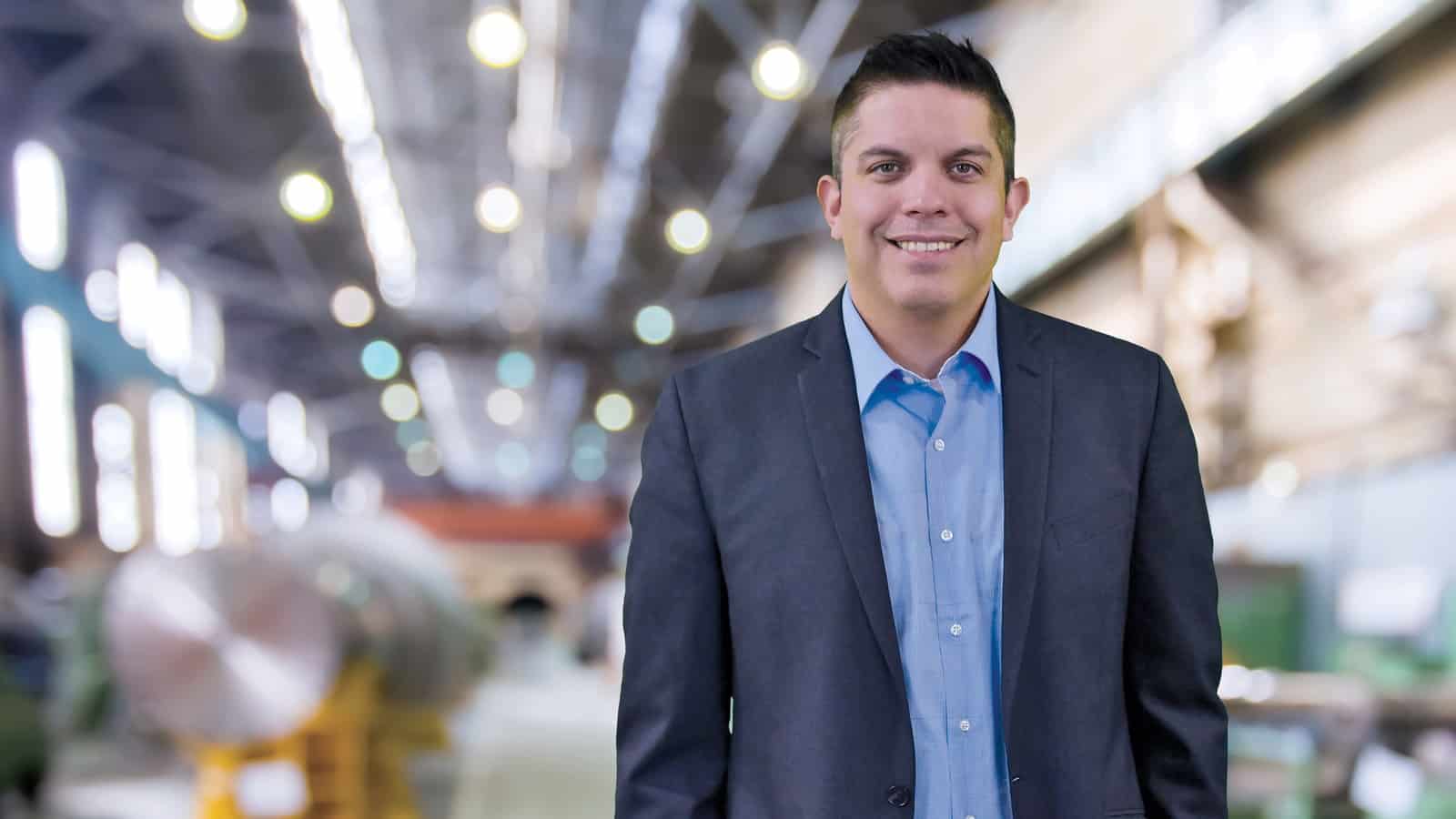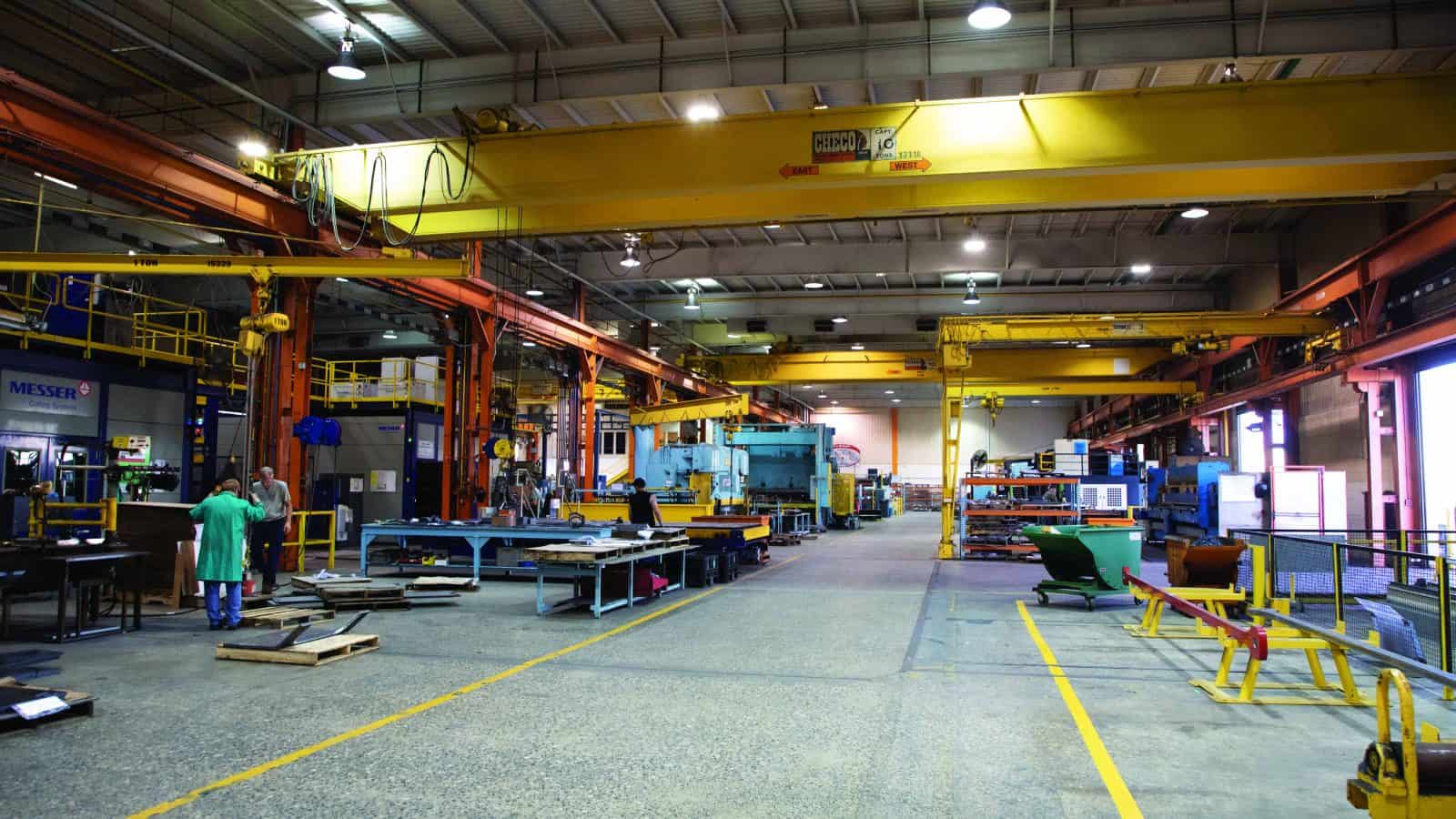Immigration Is a Personal Cause for This Manufacturing Leader

For Fernando Torres, the vice president of operations at thermoplastics manufacturer Greene Tweed, the issue of immigration is personal. In 1996, at the age of 16, Torres immigrated to the United States. He was undocumented for a time, and he was forced to figure out how to stay afloat.
His story: Alone, without stable residency and barely speaking the language, Torres had a harrowing start in the U.S. But he worked his way through community college, where he excelled in math courses even though he wasn’t yet fluent in English. Torres attributes his love for math and science to his grandfather, who he says is the smartest man he’s ever met.
- “I had a difficult situation at the age of 16 in a new country without knowing the culture or the language, asking, what am I going to do?” said Torres. “Living in this country, it’s the country of opportunities, so I had to find ways to make it work and pursue the American dream.”
- “But, as an undocumented person, the jobs available were not pretty. Whether I was washing dishes at a seafood restaurant or cutting the lawns in Arizona in the middle of the 120-degree weather summers, I just had to find a way to survive.”
Entering the industry: After community college, Torres was accepted into Arizona State University’s program for aerospace engineering—and eventually, he found a place in the commercial sector at Greene Tweed. Today, he’s a U.S. citizen, and he’s just as passionate as ever about the value of immigration.
Immigration and manufacturing meet: Torres has seen the skills gap in manufacturing firsthand, and he knows how difficult it is to fill critical jobs. That’s one reason why immigration is so important to the manufacturing industry, he pointed out.
- “There is a shortage of people,” said Torres. “Skilled laborers are very difficult to find in our country, and retirements are outpacing anyone that’s coming in. There’s not enough people to run our factories—and if we want the economy to grow, we need people to grow it.”
An economic issue: Torres also emphasized that a person’s stance on the issue of immigration in manufacturing should come down to economic considerations.
- “We need to stop talking about immigration as a political issue—it’s a business issue,” said Torres. “We don’t have enough people to grow this economy internally. And if we can’t grow it internally, we have to open factories elsewhere. So this isn’t a political need, it’s an economic need.”
NAM’s push for change: NAM has long fought for commonsense immigration reform and outlined a series of proposals in A Way Forward—a road map that covers border security, reforms to legal immigration and permanent solutions for populations like DREAMers that are facing uncertainty.
The last word: “Immigrants are here to give, not to take away from this country—and we give a lot,” said Torres. “If it wasn’t for the waves of immigration during the last century to the United States, we wouldn’t be the number one economy in the world.”
